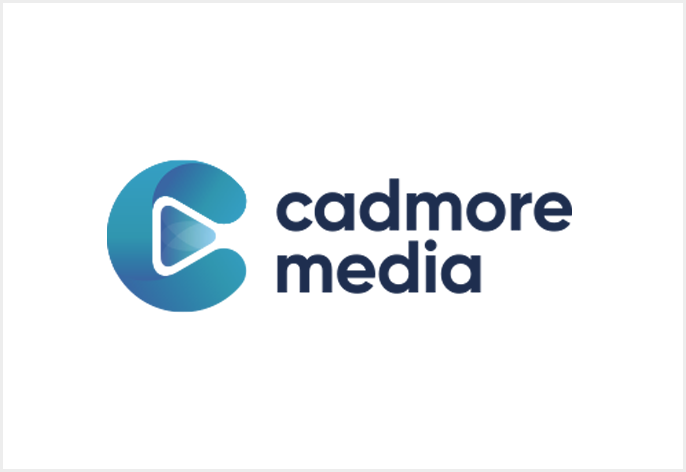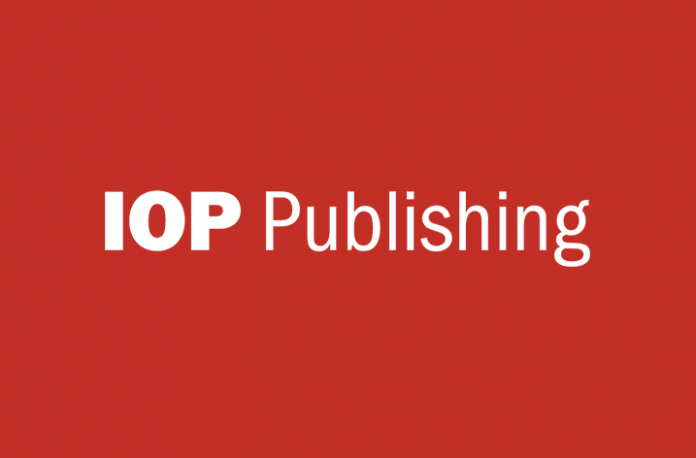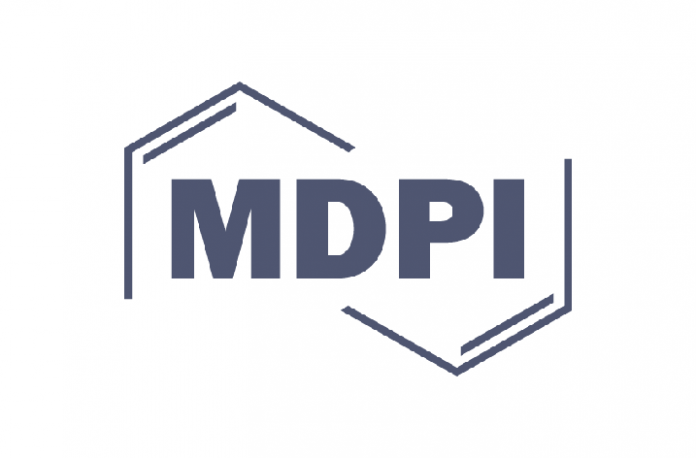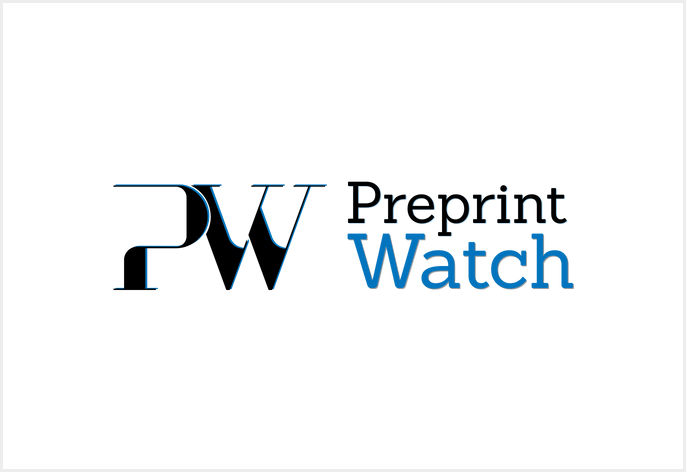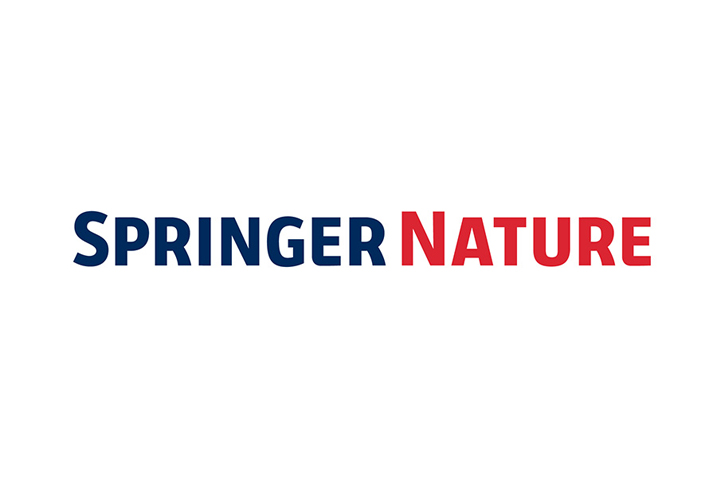U.S. News & World Report, the global authority in education rankings and consumer advice, today published the 2025-2026 Best Global Universities rankings, which evaluate more than 2,250 schools on academic research and reputation.
The latest edition includes universities from more than 100 countries. The following countries have the most schools in the overall rankings:
- China: 397
- United States: 280
- India: 118
- Japan: 104
- United Kingdom: 93
“The Best Global Universities rankings provide valuable benchmarks for students considering international study options or seeking institutions with a strong global research impact,” said LaMont Jones, Ed.D., managing editor for Education at U.S. News. “The rankings – one of many tools that U.S. News offers to assist with college decision-making – help students identify universities with worldwide recognition and cross-border academic excellence that can serve as a launching pad for their careers.”
Of the 51 subject rankings, eight will have more schools ranked this year, including: agricultural sciences; artificial intelligence; computer science; electrical and electronic engineering; engineering; gastroenterology and hepatology; plant and animal science and polymer science.
Powered by data and metrics from the Web of Science Core Collection and InCites Benchmarking & Analytics provided by Clarivate, a leading global provider of transformative intelligence, the Best Global Universities methodology weighs factors that measure a university’s global and regional research reputation and academic research performance.
For the overall ranking, this includes bibliometric indicators such as publications, citations and international collaboration. Each of the 51 subject rankings has its own weighting based on academic research performance in that specific area.
2025-2026 U.S. News & World Report Best Global Universities
Overall Best Global Universities – Top 10
- Harvard University (U.S.)
- Massachusetts Institute of Technology (MIT) (U.S.)
- Stanford University (U.S.)
- University of Oxford (U.K.)
- University of Cambridge (U.K.)
- University of California Berkeley (U.S.)
- University College London (U.K.)
- University of Washington Seattle (U.S.)
- Yale University (U.S.)
- Columbia University (U.S.)
Africa – Top 3
- University of Cape Town (South Africa)
- Cairo University (Egypt)
- University of Witwatersrand (South Africa)
Asia – Top 3
- Tsinghua University (China)
- National University of Singapore (Singapore)
- Peking University (China)
Australia/New Zealand – Top 3
- University of Sydney (Australia)
- University of Melbourne (Australia)
- University of New South Wales Sydney (Australia)
Europe – Top 3
- University of Oxford (U.K.)
- University of Cambridge (U.K.)
- University College London (U.K.)
Latin America – Top 3
- Universidade de Sao Paulo (Brazil)
- Universidade Estadual de Campinas (Brazil)
- Pontificia Universidad Catolica de Chile (Chile)
The Best Global Universities rankings serve the broader U.S. News mission of providing trusted information and rankings – such as Best High Schools, Best Colleges and Best Online Programs – to empower all students in making informed choices about their education.
For more information on the Best Global Universities, visit X (formerly Twitter), TikTok, Facebook and Instagram using #BestGlobal.
























